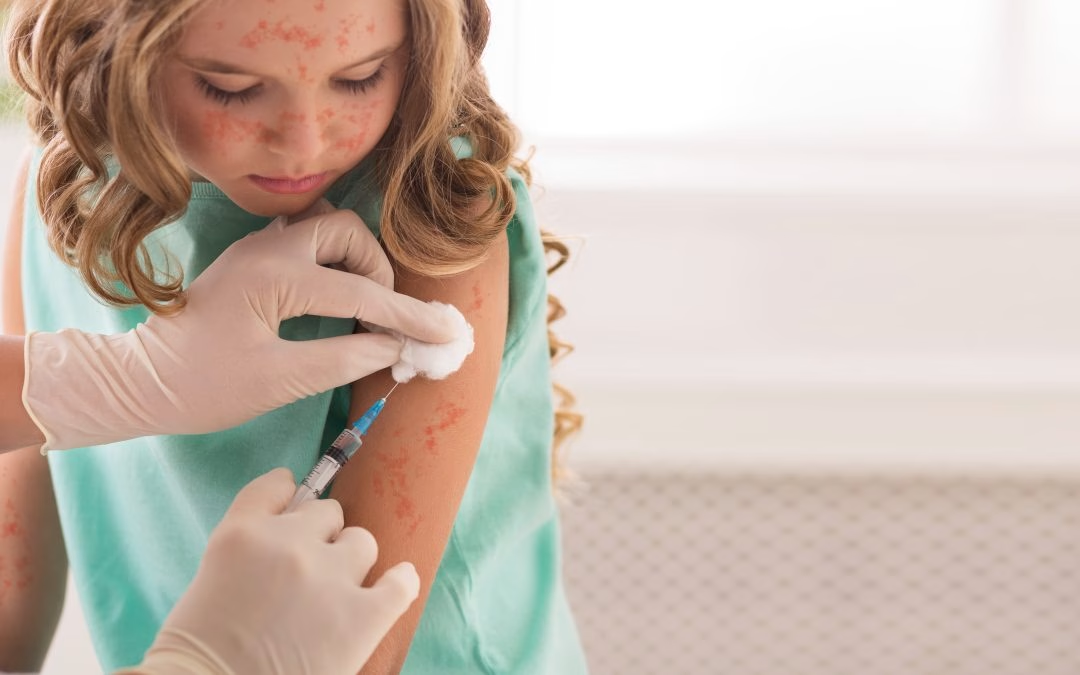
Yes, they do. While it is true that breakthrough infections have become more likely during the recent surge of the omicron variant, studies have shown that vaccines and booster shots are still highly effective in lowering the risk of becoming seriously ill or hospitalized.
Read on to learn more about breakthrough infections and why they happen from our AFC Urgent Care Monroe Road team.
What Are Breakthrough Infections?
A “breakthrough” infection, according to the CDC, occurs when a person tests positive for COVID-19 at least two weeks after becoming fully vaccinated, which includes a booster shot.
Breakthrough infections should be expected, according to the CDC, because no vaccine is 100% effective in preventing viral infection. Breakthrough infections are more likely than normal with omicron, though, due to the fact that the variant has a lot of mutations that make it more transmissible and able to evade the passive immunity acquired from vaccination. Like we said earlier, though, the main purpose of vaccines is to avoid serious illness and hospitalization, which the COVID-19 vaccines and booster shots been effective at.
Most Common Omicron Symptoms
- Cough
- Fatigue or tiredness
- Congestion and runny nose
- Sore throat
- Headache
How Can I Protect Myself From the Omicron Variant?
While vaccines and booster shots are still the most effective measures in lowering your risk of omicron infection and severe illness, there are other things you can do to provide even more protection.
In addition to the list we’ve provided below, make sure to get your booster shot when you’re eligible! According to studies, booster shots are 90% effective at preventing serious omicron illness and hospitalization.
More Ways to Lower the Risk of Omicron Infection
- Wear a well-fitting N95 or KN95 mask. These offer the highest level of protection, according to the CDC.
- Wash your hands with soap and water thoroughly and often. Make sure to wash for at least 20 seconds each time to properly rid of lingering bacterial and viral particles.
- Be smart with where you go and the events you attend. Even though physical distancing is still recommended by the CDC, not many adhere to it anymore. If you are immunocompromised, live with someone who is at high risk of becoming seriously ill or you have young children at home, you may want to be more cautious and keep your distance in public.
We’re here for you now and always! When you’re feeling less than your best, don’t hesitate to visit our AFC team to get the non-emergency care that you need to feel better.


